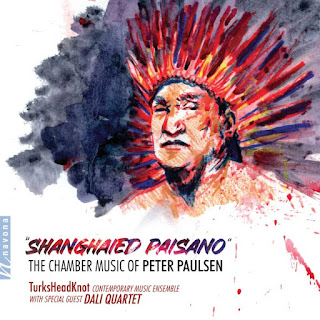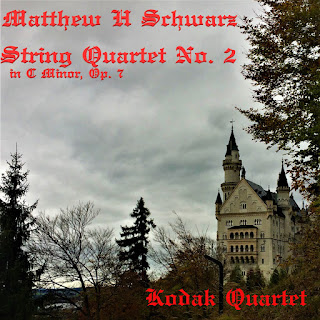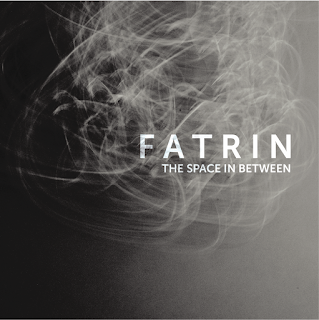Andrey Stolyarov - "... in peace"
Andrey Stolyarov - ...in peace
...in peace combines the glossy reverberations of a church choir with the icy metal of a sustaining vibraphone, resulting in music which is as peaceful as it is bewitching.
...in peace is an ethereal, resonant work for double SATB choir and vibraphone. Russian-American composer Andrey Stolyarov's was inspired by both Anne Brontë's "Self-Communion" and Sara Teasdale's "Peace", combining the two texts into one musical setting. The piece was commissioned and premiered by CONCORA, of which Stolyarov is a member, one of the top professional choirs in New England. ...in peace is a deliberately gentle work, with Stolyarov being obviously influenced by the contemporary world of choral composition, most notably by the likes of Eric Whitacre. The entire work revolves around the opening vibraphone gesture, setting up the hollow sound of a D to A open fifth, and very gradually expands its harmonic content. One of Stolyarov's more interesting orchestrational techniques, which appears constantly in the work, is to double the given melody, either at pitch or an octave below, in the other choir by humming, rather than on text. The combination of sounds allow ...in peace to remain unnervingly tranquil throughout its entirety, while still being able to reflect on the meaning of the texts (watch the score-follower video here).
Stolyarov is also a popular YouTube creator, with videos ranging from music theory topics to notation program tutorials. Posting a video with the scrolling score is quite brave for a composer, because it also can lead to criticism of notational practices. One pitfall is Stolyarov's use of complex rhythms, including embedded triplets and quintuplets, which upon listening, just come across as standard eighth note rhythms with rubato. Attempting finnicky rhythms in the choral world is usually avoided for just such a reason, but it's still a shame that they were not always executed convincingly. If the rubato, loose tempo aesthetic was desired, it would have been more effective for Stolyarov to simply write legible rhythms, which also would have shored up the ensemble issues in these moments. Other than the questionable use of aforementioned rhythms, most of ..in peace is either set as a chorale or focused on exploiting aleatoric means to create a sense of becoming suspended in space and time. These aleatoric sections work incredibly well, especially when combined with the resonance of the vibraphone. Combining a solo mallet instrument with such a large vocal ensemble can create balance issues, and I would have preferred if the vibraphone was amplified just enough to increase its presence in the texture. Stolyarov could have also benefitted from dictating pedal markings in the vibraphone part, unless he truly wanted the sustain to last the entire work, in which case he should have asked the performer to do so. Every once in a while throughout the piece, the sudden muffling of the instrument is a distraction from the otherwise beautiful music.
Overall, CONCORA's recording is a superb performance, and much credit should be given to the ensemble for its innate musicality and stellar intonation, surprisingly difficult to find across many American choirs. Stolyarov also shows his chops as a conductor, not only by leading the ensemble, but also with a telling interpretation of his own music, enabling the audience to catch musical subtleties while still making sense of the two texts. ...in peace combines the glossy reverberations of a church choir with the icy metal of a sustaining vibraphone, resulting in music which is as peaceful as it is bewitching.
Be sure to like, follow us, and comment your own thoughts!



Comments
Post a Comment